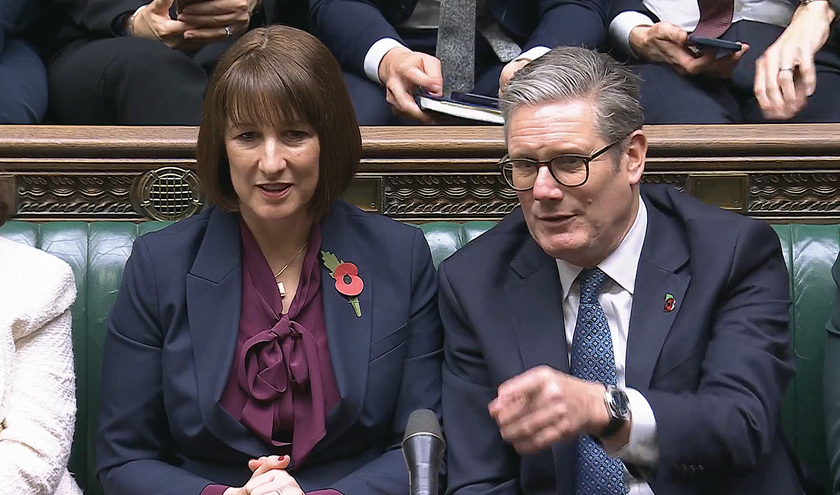The key to evaluating the chancellor's Budget is to consider whether its suite of measures comprehensively supports economic, physical and social prosperity and growth for all citizens and places, and UK plc. This should align with a predetermined philosophy and plan that is well-communicated as a programme for government and the country's future over the short, medium and long terms. There should be a roadmap of how to reach the end-objective, with the Budget, then spring's comprehensive spending review, respectively setting out the areas of expenditure, then the system of governance and implementation for the national programme.
In the spring the Labour Party launched a local elections campaign predicated on their then newly launched localist industrial strategy for growth, ‘Power and Partnership, Labour's Plan to Power up Britain'. The strategy was a return to a focus on how the local state can pro-actively contribute to national goals for economic growth with direct benefits for local citizens. It set out a framework for bringing together state, private and third sector actors locally to address national needs through a series of themed approaches to join up local state functions alongside private sector investment and organised community activity.
The framework was predicated on the belief that national prosperity is driven by success in all local economies and that the sum total is not reaching its potential, resulting in a patchwork of varyingly productive local underfunded public services with varying benefits and outcomes for citizens, places and the state alike. It sought to raise the economic and social productivity of all local areas – a plan for action for growth that funds essential services which has been so lacking of late. Apart from through national fiscal policy, such an approach is the only way to both promote national growth for increased public expenditure and address the inefficient local state and tap into its significant potential, with benefits for all of the population.
The Government's recent national industrial strategy green paper, ‘Invest 2035' highlights differing roles and potential for different areas. It states ‘The Strategy will focus on tackling barriers to growth in our highest potential growth-driving sectors and places…ensuring tangible impact in communities right across the UK.' It points towards focusing efforts in specific geographic areas and places.
There's the need for a mechanism to promote the economic, physical and social growth of all local authority areas, addressing the inefficient local state and tap into its significant potential which in turn supports growth objectives, with benefits for all of the country's local populations. This includes pockets of urban areas, post industrial areas, seaside towns, market towns and rural areas, also pockets of urban areas and all places - which inevitably have mixed populations.
An enabling, facilitating local state can build resilience, promote independence, bring about efficiencies and realise opportunity for people and place. It plays the key role in meeting the infrastructure and workforce needs of investors and entrepreneurs. Key cross-sector and organisational local stakeholders work on the frontline with local citizens in every local place. They can actively support these needs and meet current un or under-met needs of local areas through service provision with an active growth mindset and suitable modus operandi.
The local state, however, can only do this with an overarching growth objective and the introduction of reforming duties to operationally work together to bring about change. ‘Growth Coalitions' and ‘Smart Local Government' can bring about this change for all places and people. They ensure that local services would work better for local people and the national economy by utilising the ‘tools of government' – an enabling state, leading to a rationalisation, coordination and integration of local services and the growth and development of the local area and its citizens. Smart local government provides a tailored, practical application of ‘Growth Coalitions' methodologies, (see ‘Back to a better place', The Municipal Journal, 3 October 2024).
The comprehensive spending review and the intervening period between the Budget and the review provides the opportunity to lay out the Governments' philosophy, programme and plan that is well-communicated, thus determining the programme for government and the country's future over the short, medium and long terms. Perhaps it is the coming period which will determine the extent to which the national narrative around growth and public services reform, in the context of a historically tight fiscal regime, can be a rallying call for change and action for significant beneficial and inclusive outcomes for all people and places.
Adam Fineberg is an adviser on ‘whole system', innovative approaches to growth and development and service provision



